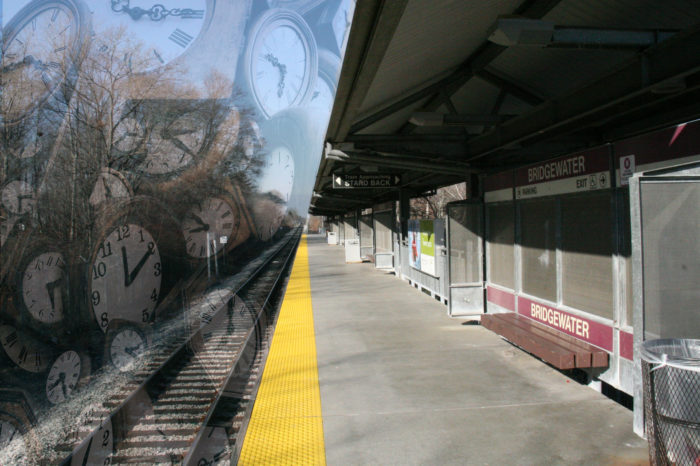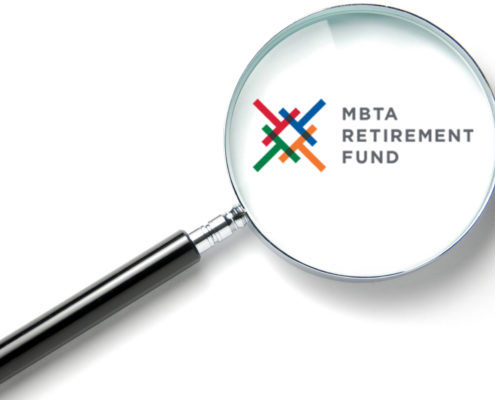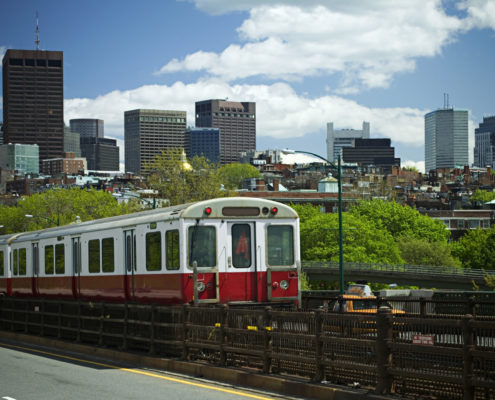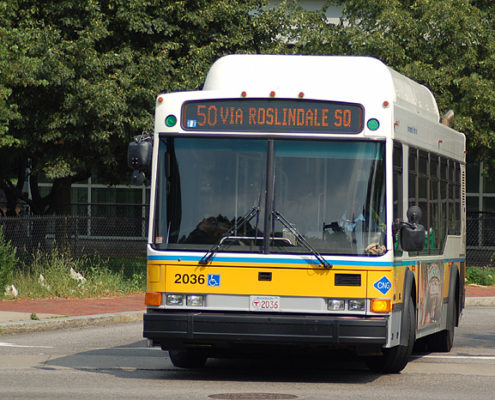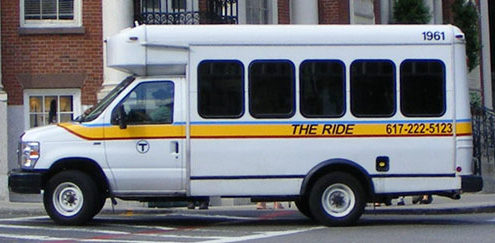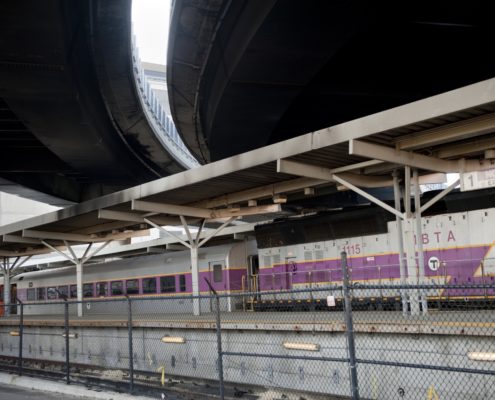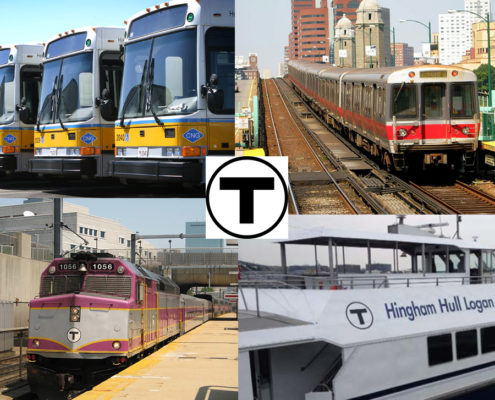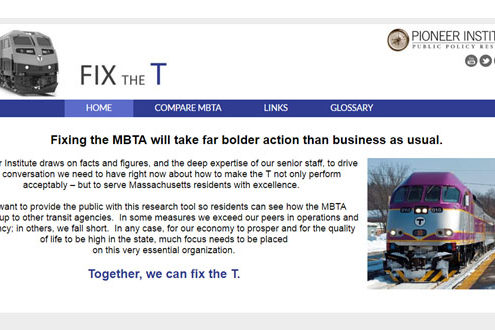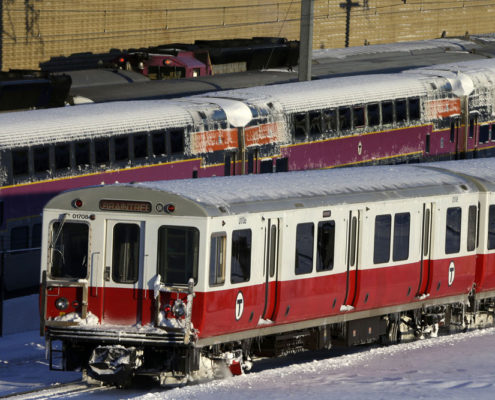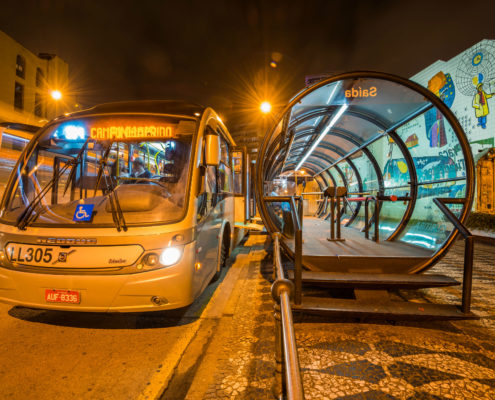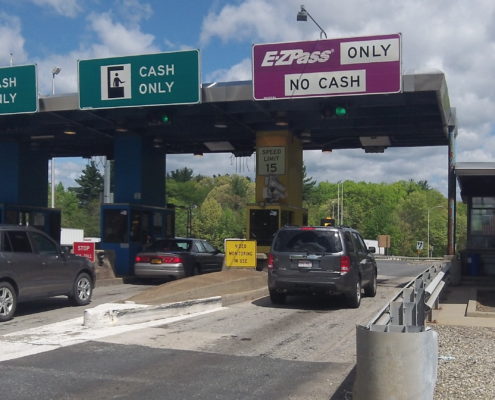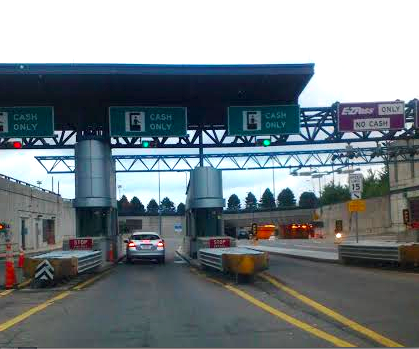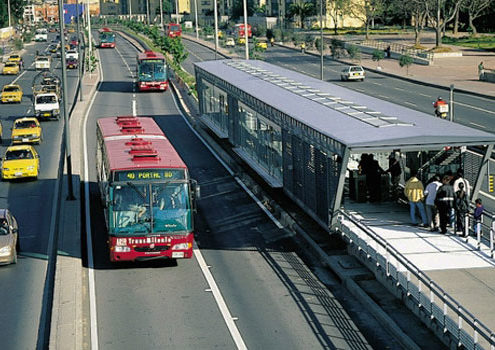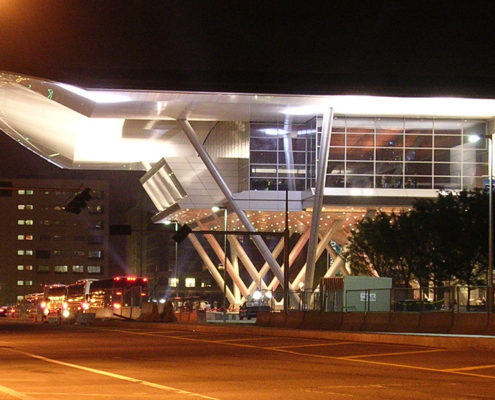Review of MBTA Twitter Alerts Finds Fewer “Delayed” Trains, Corresponding Increase in Those “Running Behind”
BOSTON – A review of four years of MBTA commuter rail Twitter alerts reveals that the number of trains that are “delayed” has fallen, but there is a commensurate increase in the number of trains classified as “running behind,” leaving the overall number of late trains largely unchanged.
“While the terminology has changed, it appears the performance hasn’t,” said Kaila Webb, author of “Commuter Rail Twitter Reveals History of Delays.” “To a commuter on his or her way to Boston, it doesn’t really matter what the MBTA calls its tardiness.”
The MBTA has made no public, written announcement differentiating trains that are running behind from those that are delayed.
The T reached out to Pioneer to explain that the change in language was conscious, and that trains running behind may be able to catch up to schedule, while those classified as delayed are unlikely to do so.
The authority also attributed the increase in late trains to the addition of 11,000 trips during the period examined.
To provide the public with a tool that helps riders, residents, and policymakers understand how the T stacks up compared to transit agencies around the country, Pioneer Institute created MBTAAnalysis. Please visit our site, which includes the most recent data available. We make public information accessible and easy to use.
About the Author
Kaila Webb is a Research Assistant at Pioneer Institute. She is a junior at Wellesley College, majoring in Environmental Studies and Chinese Language and Culture, and hopes to pursue a masters in Environmental Policy. Kaila joined Pioneer through a partnership with the Wellesley College Freedom Project, for which she serves as the Student Academic Director.
About Pioneer
Pioneer Institute is an independent, non-partisan, privately funded research organization that seeks to improve the quality of life in Massachusetts through civic discourse and intellectually rigorous, data-driven public policy solutions based on free market principles, individual liberty and responsibility, and the ideal of effective, limited and accountable government.
Get Our Fix the T Updates!
Related Posts:

